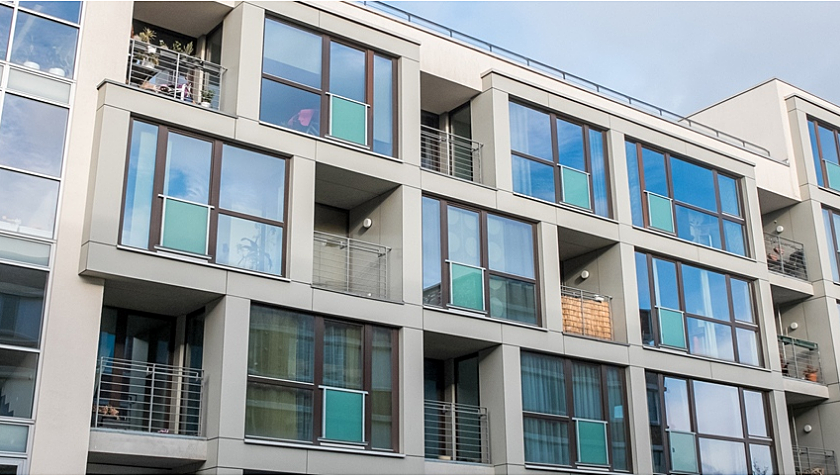1. Beware previous alterations to the condo you are buying – you will become responsible for them and their costs, says Gioventu. An enclosed balcony or a bathroom upgrade are great examples. “Hopefully you can find out via the strata documentation about any previous alterations. But otherwise, there’s no way of knowing whether they were part of the original structure, whether they were done subsequently by a strata owner, whether they were authorized by the strata, whether they were even permitted. Did they actually meet the building code? It’s tough for the buyer to know what they’re getting into.” He said that as buildings get older and are repaired, illegal alterations come out of the woodwork and often unsuspecting home owners have to bring those elements up to code or potentially lose them entirely. Gioventu added he is being forced to get rid of his own enclosed balcony because it is not permitted under new fire safety codes.
2. Be mindful when making your own unit alterations. Upgrades can have all kinds of impact on the building and your neighbours, and have a knock-on effect such as a change of use that could become a problem, says Gioventu. Things like installing a Jacuzzi tub or hardwood flooring can be extremely noisy – even if that flooring has the same sound-suppression as carpeting, the noise created by walking in shoes or dropping a cup is much louder when on hardwood than on carpeting. Always work with your strata and ensure that your upgrades are within building permits and strata bylaws and that any subsequent change of use (such as firing up a Jacuzzi tub late at night) also doesn’t mean you break any bylaws.
3. Your condo home is not your castle – there has to be give and take between neighbours when living in a strata building. In answering a listener question about a noise complaint against him, Gioventu advised that there needs to be an element of understanding between strata lot owners, including a reasonable expectation of noise during daylight hours. However, when strata bylaws are broken – whether too much noise or being harassed by a neighbour – there is recourse open to owners. This can include addressing the issue with the strata council or taking it a step further if necessary and file a complaint via the online dispute resolution system, the Civil Resolution Tribunal.
4. Those struggling to make strata payments need to do whatever necessary not to lose their unit. Answering a listener question about financial hardship and inability to make payments on a special levy, Gioventu recommends that the owner take the situation very seriously as, once a lien is placed on the unit, a court order to sell can follow quickly. This can lead to even further financial hardship, especially if the unit cannot be sold for as much as was expected. He recommends that the owner goes to the bank for help as most lenders would rather see a small additional debt burden taken on than have their customer lose their home. An alternative, if the strata bylaws allow it, is to rent out the unit and go live with a friend or family member in order to raise money for the levy payments. “A year or two of doing that may help this owner get out of the soup that she’s in and help save her home,” adds Gioventu.
5. Special levies are simply deferred strata fees. “Special levies can be as high as $100,000 per unit, depending on the construction needed – it can be really steep sometimes,” says Gioventu. He describes special levies as deferred strata fees. “If we end up with a special levy, say $10,000 a unit, and step that back 10 years, that’s $85 a month. So if we had increased strata fees by even, say, $40 a month, that would really diminish that $10k per unit levy. Plus if you’re taking an extra $40 per unit over 10 years and investing it and compounding the interest we’re going to have even more than that.” He added, “Another problem with special levies is that it takes a three-quarter vote, and people can’t afford it so they vote against it, and there’s further damage and [additional expenses later]. People are reluctant to increase strata fees as they say they can’t afford it, but they can afford it much better than a special levy down the road that’s going to cause financial hardship.”
Article courtesy of Tony Gioventu and REW.ca on Roundhouse Radio (5 Key Takeaways)

